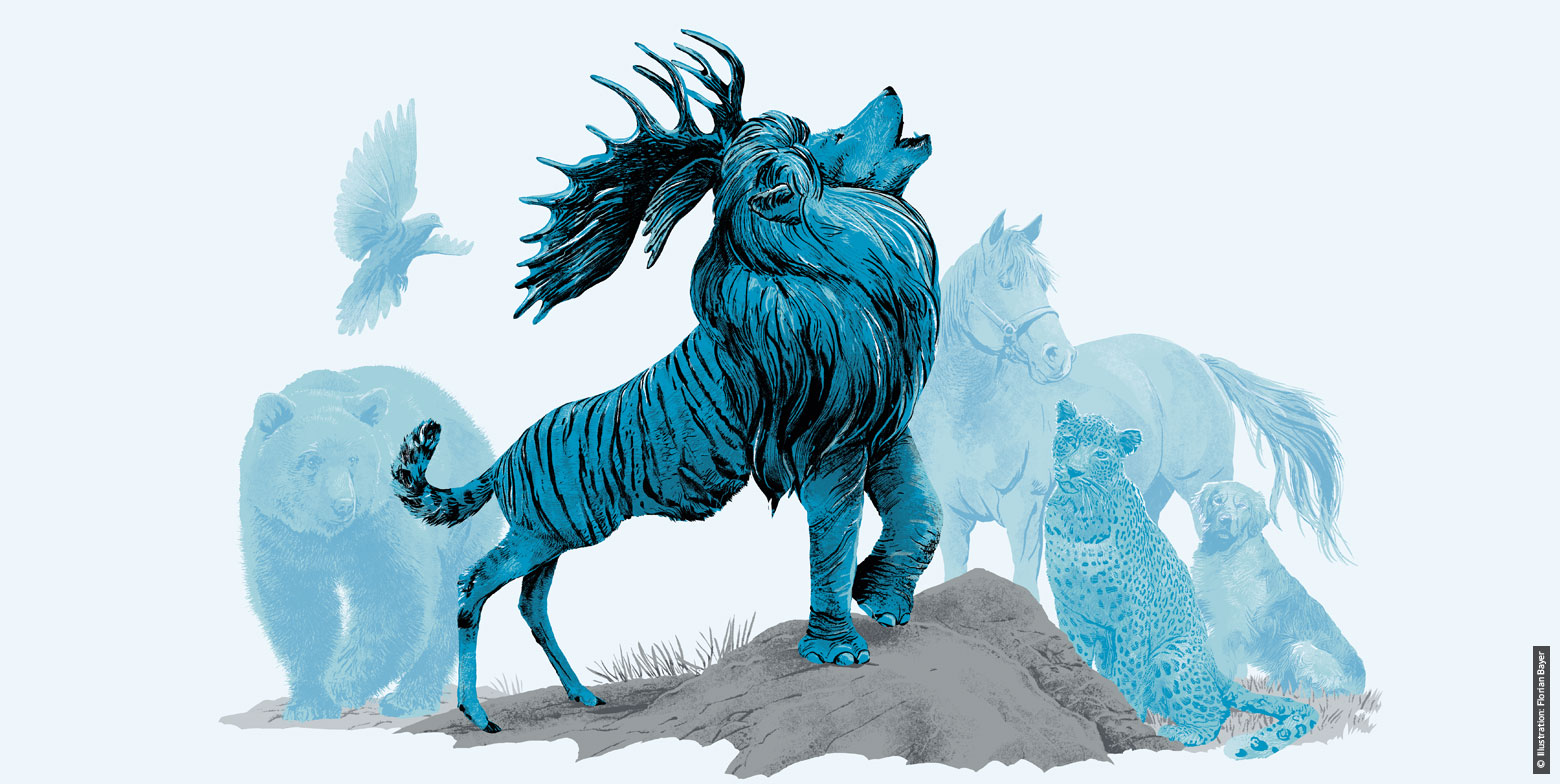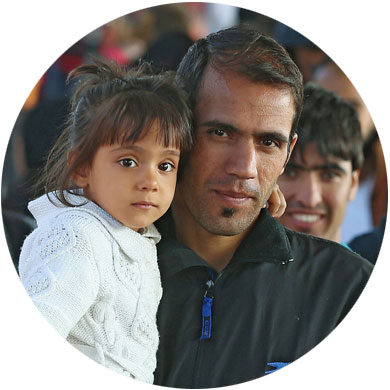Germany‘s responsibility
Germany in the Eyes of the World
THE FACE OF COMPASSION
Germany’s decision to take in so many refugees in 2015 and 2016 has softened its image. Although still a byword for diligence and efficiency, Germany is now also recognised as a compassionate citizen of the world. The decision, although still controversial in Germany itself, has certainly not dented its international reputation; quite the contrary, it has boosted its credibility. However, there is a lingering lack of clarity over the precise motives behind this policy. —
IN DEMAND: A MORE PRO-ACTIVE GERMANY
The world wants a more pro-active Germany – one that assumes more responsibility. Interviewees would like to see Germany taking a leading role in international politics, without acting alone or in an aggressive manner. It should feature prominently as a sovereign ‘soft power’ with a desire to shape the agenda – a forward-looking nation that develops viable solutions to future challenges in the interests of the wider community. This is an increasingly vocal demand in a world in crisis and turmoil. —
RATHER TOO TRADITIONAL
IIn the eyes of the world, Germany remains true to itself, with a strong sense of values: justice, the rule of law, compassion and individual responsibility, with strong institutions and a robust welfare state. Overall, it is viewed as a mature democracy. On social issues, however, most observers regard it as less progressive: from the division of labour within the family to gay rights, Germany is perceived by interviewees to be rather too traditional. —
SHOWING ITS STRENGTHS MORE CLEARLY
The world wonders why Germany makes so little of itself internationally. Why the low profile? Sure, the classics – Porsche and Mercedes, Goethe and Schiller and the like – are still household names, but little or nothing is known about the rest. The world would like
to see more of Germany’s modern and dynamic side, as exemplified by today’s Berlin, and is intrigued to know why Germany is reluctant to make greater use of its strengths for strategic purposes. —
FIT FOR THE DIGITAL FUTURE?
Germany is known for its well-performing economy with strong brands that are recognised and admired. According to the interviewees, Germany is an excellent place to do business; its dual vocational training system and applied research are pluses here. But is Germany resting on its laurels a little too much? In the age of digitalisation, is Germany too risk-averse? Is there a danger of it falling behind? —
THE STUDY
For the qualitative study ‘Germany in the Eyes of the World’, GIZ conducted more than 150 interviews with representatives of 24 countries. The interviews offer profound insights that merit further reflection. It thus complements other studies, most of them standardised, on Germany’s image abroad. The selection of interviewees from all world regions and demographic groups gives the study its unique diversity. Another feature of the study is that the focal points of the interviews are not decided beforehand. It is therefore even more surprising to see the considerable overlaps in interviewees’ perceptions of Germany in many areas. The report is available in German and English. Similar surveys were conducted in 2011 and 2014.
www.giz.de/en/worldwide/63559.html
Caption: Deer, elephant or lion? Which animal is Germany most like? The world’s opinions vary.
Find out more at: www.giz.de/en/worldwide
published in akzente 2/18
What the world expects
Germany‘s responsibility

